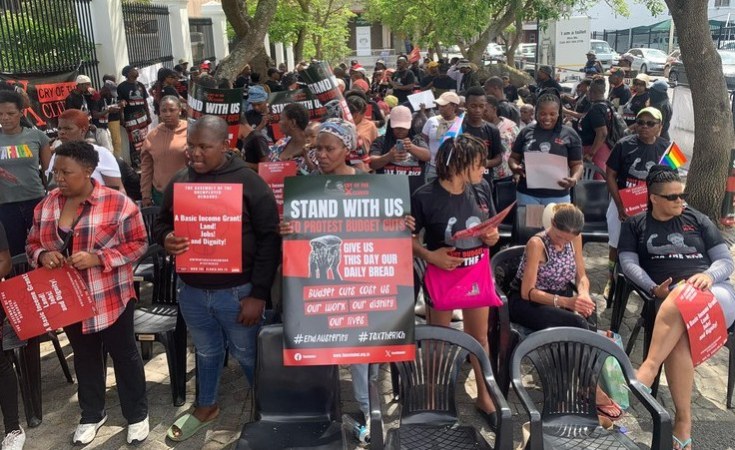The hard numbers won't go away. Instead of shrinking, they will grow and unless there is a dramatic change in direction, they will overwhelm the fiscus. The private sector has been vocal in its warnings. Eventually, the country will run out of other people's money.
Governance is not a spectator sport. It requires identifying moments of crisis and acting swiftly and convincingly to deal with them.
One such moment has come and gone with little more than a murmur from Finance Minister Enoch Godongwana as he delivered the Medium-Term Budget Policy Statement.
Instead of acting decisively, he delayed and prevaricated, further contributing to the populist drift which is undermining confidence in the government's ability to make and execute tough decisions.
The problem is plain enough and, like a good spectator, Godongwana delivered them to the nation in an appropriately sombre tone. Tax revenues are down as South Africa's corporate sector continues to choke on abysmal energy provision and failing logistics while policy uncertainty and new regulations choke new investment.
On top of this, the government buckled to public service unions by awarding an unbudgeted salary increase, the consequences of which are a R24-billion hit this year, compounding to R74-billion over the medium term.
And, because of these failings, borrowing is rising. According to Godongwana, the government will borrow a staggering R553-billion a year over the medium term. Gross debt is set to rise from R4.8-trillion to R5.2-trillion over the next financial year, punching through the...


